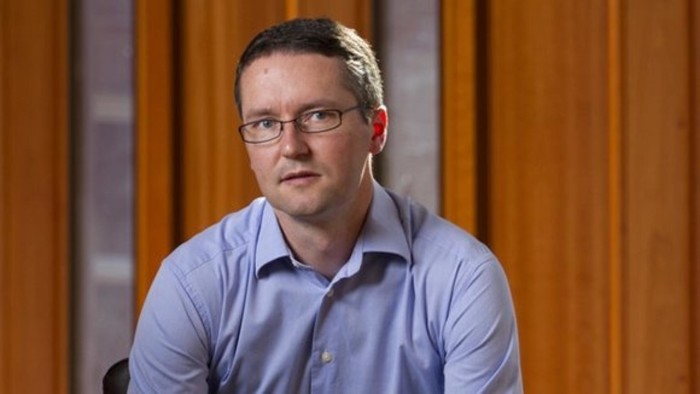How can you increase your chances of getting a consulting job?

Simply sign up to the Business education myFT Digest -- delivered directly to your inbox.
Consulting is one of the leading careers that MBA students aspire to enter. Networking, more than your resume or CV, is the best way for a company to get to know and evaluate you.
From the day you arrive on campus to the moment you step into an interview room, you will find yourself in a succession of events where the company of your dreams is evaluating you. These may include a presentation followed by a cocktail event or a visit to the company’s office. There will be opportunities to network with representatives from your target firm and they include classmates who are being sponsored by the company and students who have just been its interns. As a result, there are many things you can do to increase your chances of successfully landing that ideal consulting role.
What to expect at networking events?
When recruiters walk into an event, they are instantly surrounded by scores of aspiring candidates. We call it the “circle of death” and I assure you that it is just as painful for the recruiter as it is for you.
To minimise pain and maximise usefulness in this situation, listen and wait your turn, have a brief, friendly conversation, then get out politely. Do not monopolise their time.
When a recruiter is evaluating a potential consultant at a business school networking event, the question they are really asking themselves is not “Who got the most of my time?” but “Do I want this person on my team?”, and “Would I trust him or her with my most valuable client?”
To excel in consulting, success will come down to a person’s ability to become the trusted adviser and the chosen “go-to” friend of the client.
What else are recruiters looking for?
Each networking opportunity is, in essence, a mini-interview, and in the words of a partner at Bain who oversees recruiting, “a chance to either gain or lose share” with that company.
Behaviour that loses share includes asking negative or aggressive questions, for instance dwelling on the perceived downsides of the job such as long hours.
The best way to gain share is to ensure that both the recruiter and your fellow students have a good interaction. So if in doubt, play the role of facilitator and introduce the students next to you to the recruiter.
Remember that consultants have to think on their feet and build lasting relationships, so never miss an opportunity to make a new connection, even if you are not at a networking event. For example, another senior partner from a consulting company recently told me that he made sure a particular student got on to his interview list because the student remembered and referenced their previous conversation in a friendly manner.
What are the rules for effective networking?
Do not sell yourself. Being yourself is good, but being your best self is better. The truth is that you already know how to conduct yourself at networking events. After all, you would not ask how to behave if you were heading out to a dinner party. Think of these events in the same way – you are simply using the same social skills that get you through every day. Be polite, nice and inquisitive. Talk about yourself a little and ask lots of friendly and insightful questions about the person you are getting to know.
Most likely, recruiters will remember the most interesting and the most obnoxious candidates from any particular event. It is obviously ideal to be the former, but it is most important not to be the latter.
The best way to be remembered positively is to send a succinct “thank you” email the next day.
What do I talk about with recruiters?
Make an effort to present yourself the way you want to be remembered.
The best way to do that well is to talk about things that you find genuinely interesting. What excites you? Do not use jargon or tell them what you think they want to hear. After all, consulting firms are looking for people who are intellectually curious and knowledgeable on a wide variety of topics.
It is better to intelligently and passionately discuss the day’s headlines or even the latest plot twist on Game of Thrones than to deliver a rehearsed, dry recitation of why you believe you would be a great consultant. As a senior partner at McKinsey told me, candidates should treat a conversation with her as if they were discussing current affairs with a clever, well-informed friend at a bar.
Working as a consultant involves navigating complex, difficult situations that will require the utmost courtesy and sensitivity. If you start now, it will soon become second nature to approach every interaction not as a transaction or chore, but as a step towards developing a relationship.
Stephen Pidgeon is associate director of career development (Tuck graduation year 2007) at Tuck School of Business at Dartmouth in the US
Comments